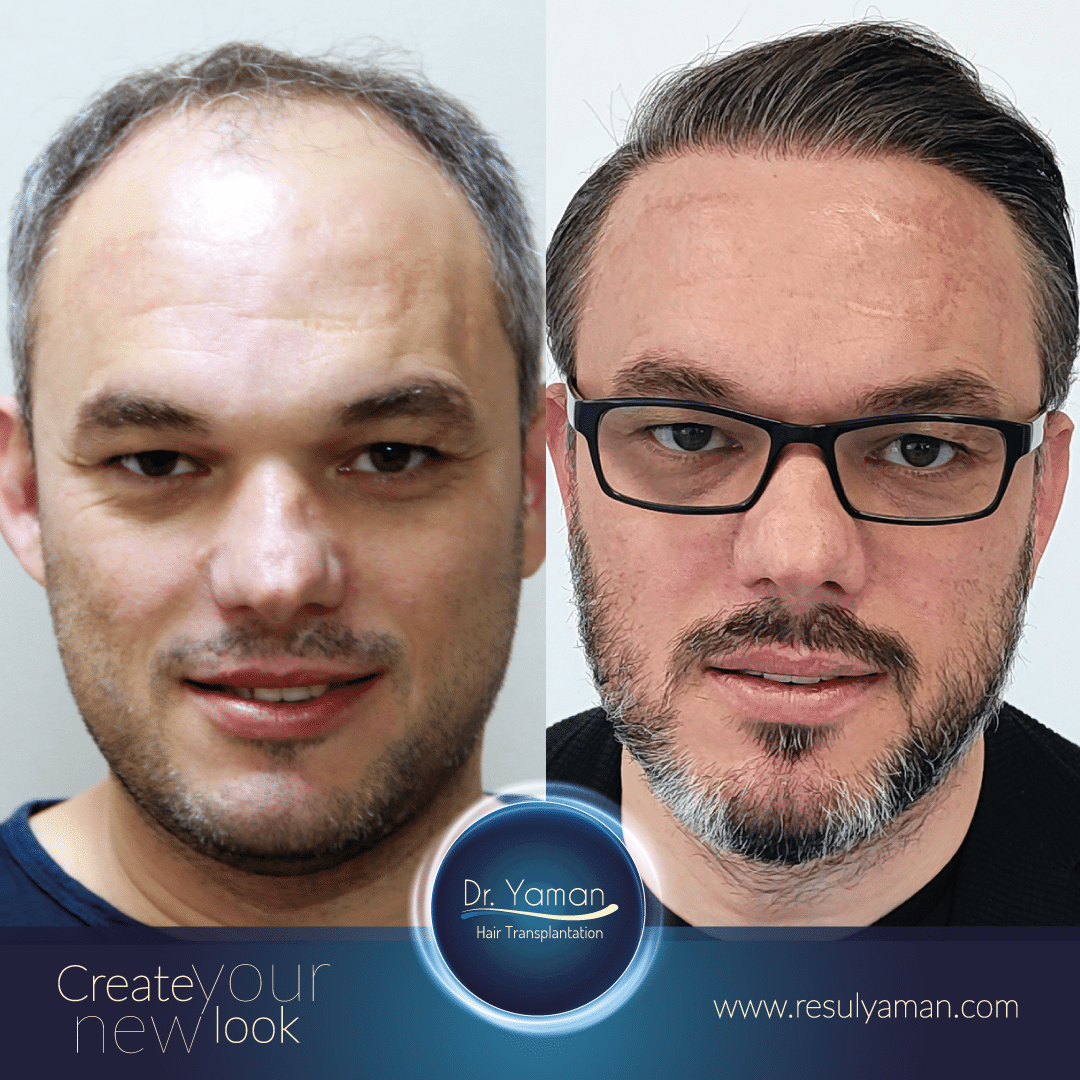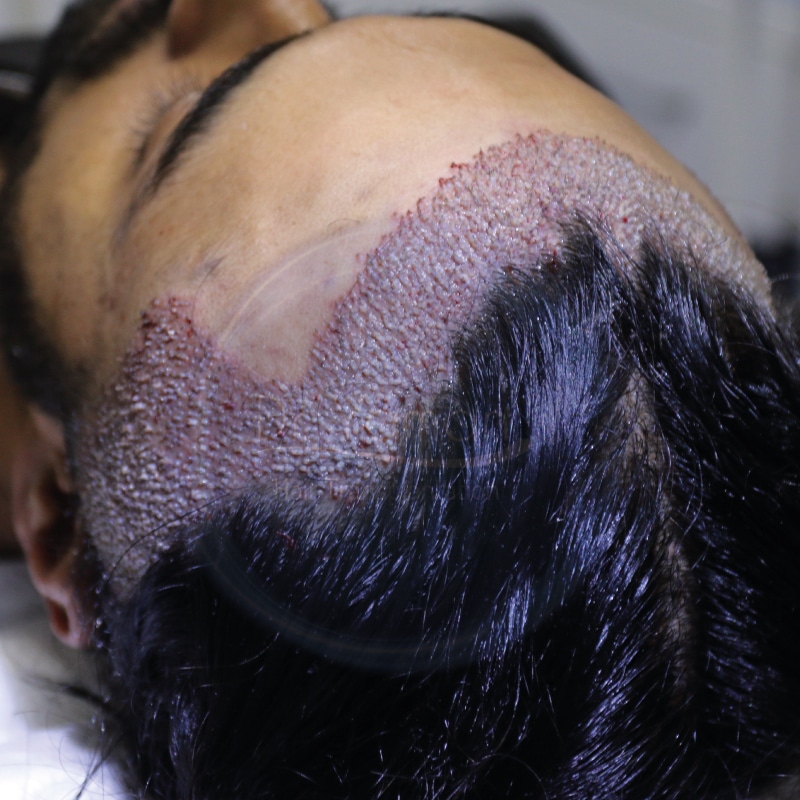We understand that people have many hair transplant questions and want to be as informed as possible before committing to this procedure. A common question is, can you transplant someone else’s hair?
This is a reasonable question because organ transplants are common and use organs from donors. Surely this must be the same for hair transplants? To put this theory to bed we answer the question below and explain the reality of hair transplants from other people.
No – It would Result in Rejection
The simple answer is unfortunately no. I understand that you might have expected something different but we can’t escape the reality.
The procedure is possible and it is possible to physically implant someone else’s hair in your scalp using a technique like FUE or DHI, however, the hair simply won’t last.
Your body and immune system will immediately recognize the transplanted hair as a foreign object and attack it. This is known as rejection and it is something we see in organ transplants too. As a result, the transplanted hair will simply fall out.
So Why Do Organ Transplants Work?
You may now be wondering how is a hair transplant any different from an organ transplant. Millions of people have organ transplants from other donors and live long healthy lives.
For an organ transplant to be successful, the person must take anti-rejection drugs that suppress their immune system for life. The immune system is suppressed so that it doesn’t attack the transplanted organ.
This means that the person has a compromised immune system and is more susceptible to diseases and illness. When you compare the two processes, it isn’t really viable or logical to take immunosuppressant drugs just for a hair transplant.
Organ transplants are a necessity and are typically needed to keep the person alive – this is not true for hair transplants and the anti-rejection drugs are simply too expensive to be used for hair transplants.
What Other Options Do I have if my own Hair Isn’t Suitable for a Transplant?
We don’t want you to feel crestfallen if you had hoped it was possible to transplant someone else’s hair. Without consultation from a professional surgeon, you don’t know for sure if your own hair cannot be used.
Even if you have severe hair loss there is still the possibility that you do have patches of hair that can be transplanted. You can see from the before and after hair transplant photos just how effective this surgery can be. If you really can’t have FUE or DHI surgeries there are other potential avenues to help with hair loss and we have listed three of them below:
Hair Pigmentation
Hair pigmentation or scalp micro pigmentation as it is more commonly known is essentially the process of tattooing your scalp to cover areas of baldness or thinning. It is commonly used to hide bald spots or areas of thinning but also things like birthmarks and scars. Obviously, this does not utilize real hair but the effect does look realistic.
Medication
There is also an array of medication that is proven to yield results and help treat male pattern baldness and two of the most common at Finasteride and Minoxidil.
Minoxidil is available over-the-counter as either a liquid, foam, or shampoo and it is massaged into your scalp twice daily. This can help regrow hair and slow any hair loss you have.
Similarly, Finasteride is a prescription tablet that can help slow hair loss and in some cases promote new hair growth. Please note that the effectiveness of these products can vary greatly from person to person compared to the relatively high success rates of hair transplants.
There is Always a Way to Reverse Hair Loss
You should now have a clear answer to the question, can you transplant hair from another person? No, you cannot as the hair is rejected by your body in the same manner an organ transplant is rejected.
The only difference is that immunosuppressants are used so that organ transplants are successful and this simply isn’t viable for hair transplantation. Nonetheless, there are other alternatives if your hair isn’t suitable for transplantation such as medication, and hair pigmentation.
 WhatsApp
WhatsApp Get Mail!
Get Mail!
 English
English Italiano
Italiano Español
Español Türkçe
Türkçe Português
Português Français
Français Deutsch
Deutsch عربي
عربي






